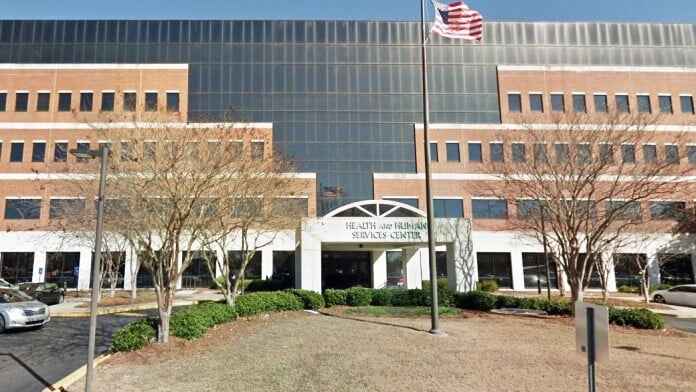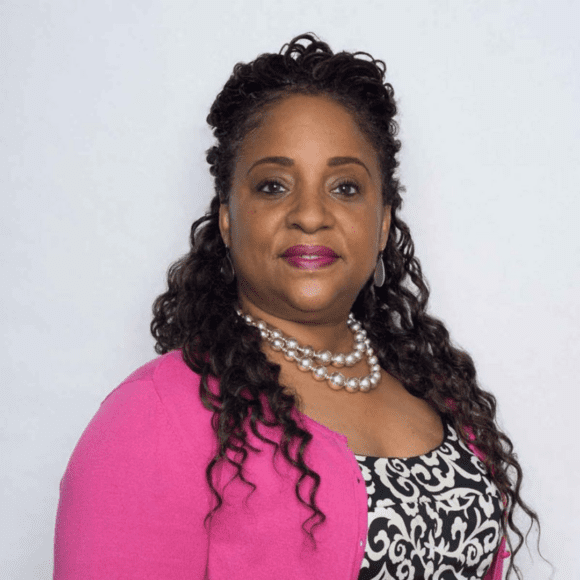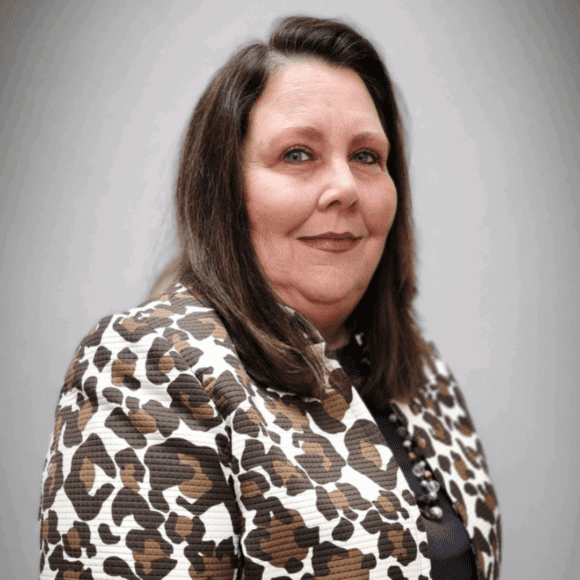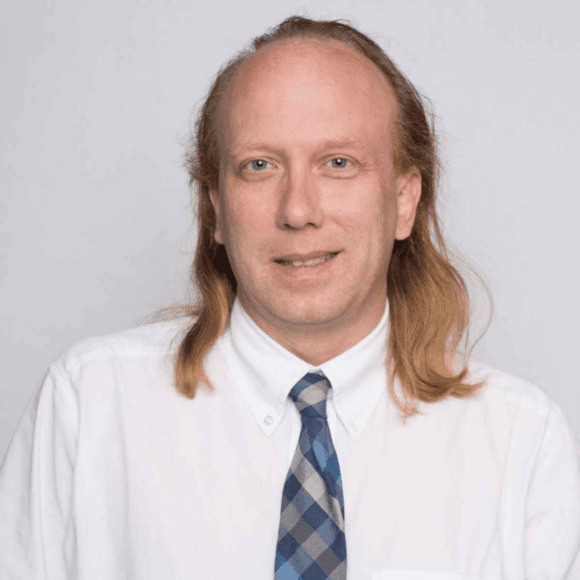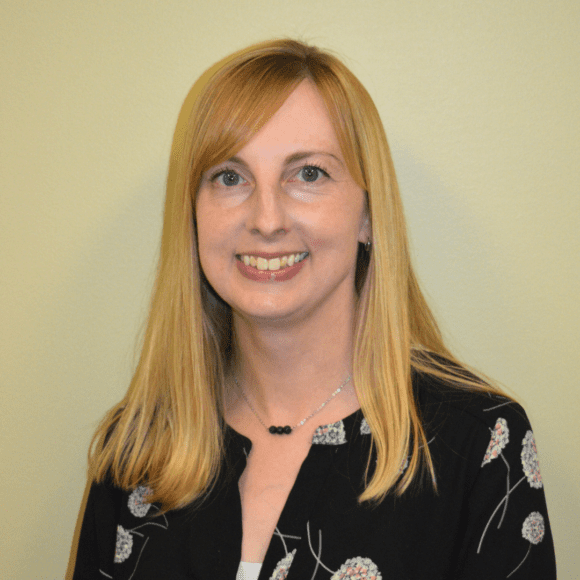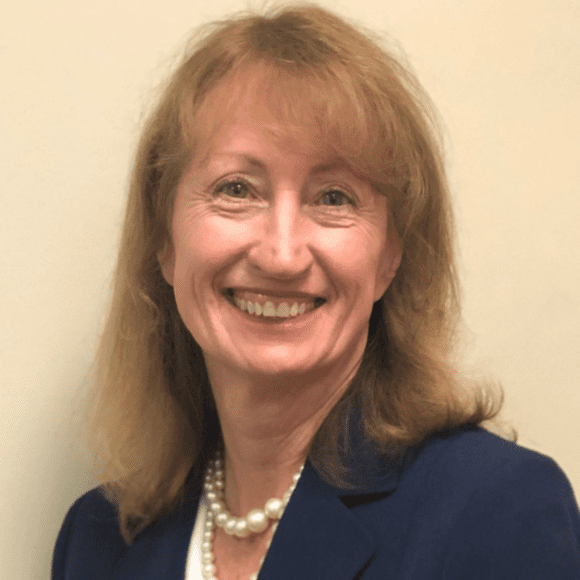About New Horizons Behavioral Health – Columbus
Located in Columbus Georgia, New Horizons Behavioral Health provides outpatient services for substance abuse and mental health. They assist those looking for treatment and wishing to improve their general health and self-healing through their case management services.
Case managers help people acquire skills related to wellness and medication management. They also help with symptom management and treatment compliance. To support clients in achieving their objectives and thriving in recovery, they regularly meet with clients at their residences or in the community.
In addition to providing aftercare and less intensive treatment one to two days a week, their day program treats clients who need intensive recovery support three to five days a week. Evidence-based practices and 12 step recovery groups are part of the treatment. Random drug screens, family and group counseling and psychoeducation about drugs and addiction are among the additional services offered. There is a gender-specific version of this program available as well.
They provide a medication-assisted treatment (MAT) program for opioid use disorders. No insurance is required. They provide a group for family education. This support group is intended for family members who want to learn more about helping a loved one in recovery from addiction.
Pregnant women and IV drug users can receive priority admission through their women’s treatment and recovery services. They see recovery as a continuous process and they want to help these women lead fulfilling self-directed lives.
Along with identifying particular strengths, preferences and innate supports in the community, they help clients identify obstacles to housing, work and education.
This program serves people with mental health disorders, people with criminal justice involvement and pregnant clients. They also support clients who are involved with Child Protective Services or Family Support.
